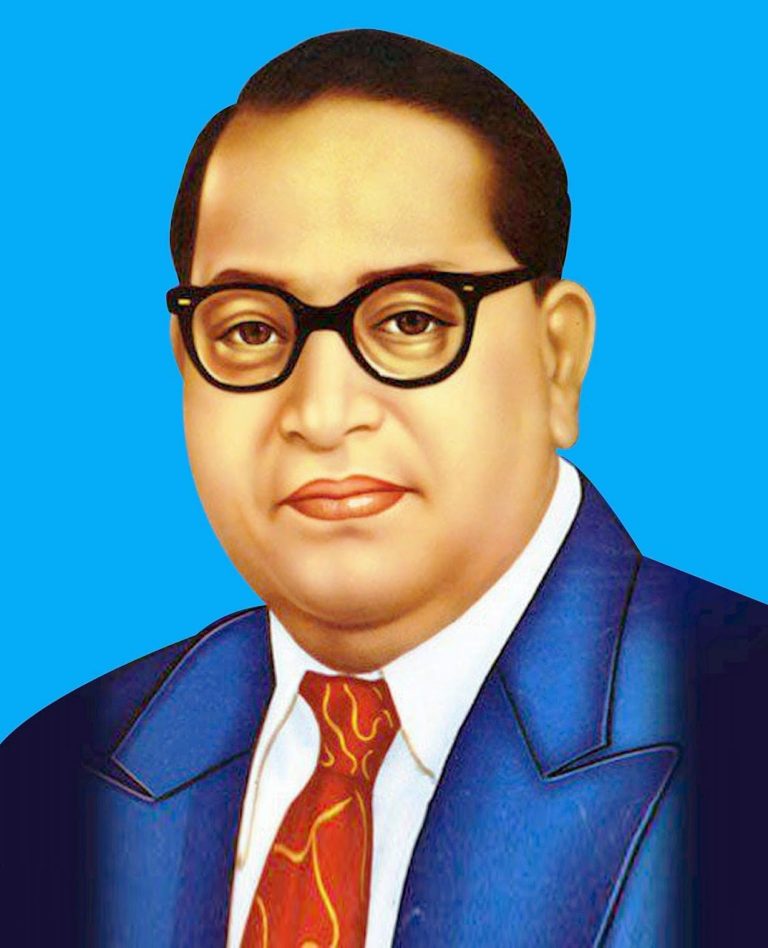
The Aryan Invasion Theory has been a subject of much debate and controversy. Dr. B.R. Ambedkar, a notable Indian jurist, economist, and social reformer, had strong views on this theory. In his 1946 book Who Were the Shudras?, Ambedkar dismissed the Aryan Invasion Theory as “so absurd that it ought to have been dead long ago.” He contended that the Shudras were originally part of the Kshatriya Varna within the Indo-Aryan society and only became socially degraded after they inflicted numerous tyrannies on the Brahmins.
Ambedkar also challenged the idea that the Aryan homeland was located outside India. He concluded that the Aryan homeland was, in fact, India itself. According to Ambedkar, the Rig Veda presents Aryans, Dāsa, and Dasyus as competing religious groups rather than distinct peoples. This interpretation suggests that the conflicts described in the Rig Veda were more about religious disputes than ethnic differences.
Ambedkar’s rejection of the Aryan Invasion Theory and his assertion that the Aryans originated in India offer a compelling argument that continues to influence discussions about India’s ancient history. His perspective invites us to re-examine and question widely-accepted historical narratives, emphasizing the importance of critical analysis and open-mindedness in understanding our past.